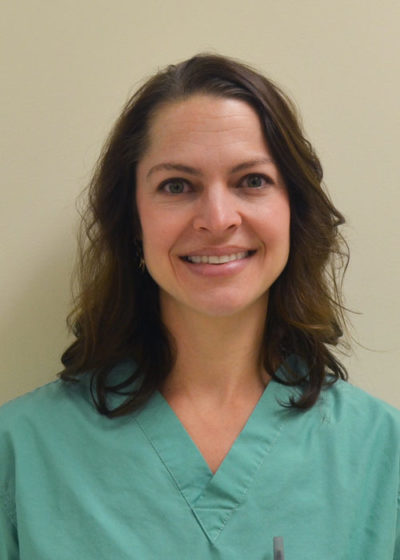University of Colorado Complex Colposcopy Clinic
University of Colorado’s Complex Colposcopy Clinic treats a range of conditions related to the human papillomavirus (HPV) and lower genital tract dysplasia (abnormal cell growth on the cervix, vagina, vulva or around the anus). Most often, women visit the clinic following abnormal results from a Pap smear or pelvic exam.
HPV is the most common sexually transmitted virus, affecting most sexually active men and women at some point in their lives. There are more than 40 types of HPV, many of which can be present without symptoms and typically resolve without treatment.
However, certain types of HPV can lead to cancer of the cervix, vulva and vagina. Precancerous lesions, genital warts and other issues caused by HPV may be identified during a routine exam. Our Complex Colposcopy Clinic is expertly equipped to diagnose and treat these conditions.
Colposcopy is a procedure in which the cervix, vagina and vulva are closely examined using a special magnifying tool called a colposcope. It is primarily used to diagnose conditions affecting the cervix, allowing the doctor to identify abnormal cells and collect a tissue sample for testing (biopsy) if needed.
What conditions are diagnosed and treated at the clinic?
The doctors in the clinic specialize in treating complex, difficult-to-treat conditions diagnosed using colposcopy. They most commonly see patients with:
- Dysplasia, which is a precancerous condition of abnormal cells that can affect the vulva, vagina, cervix and anus. Diagnosis and treatment can effectively reduce the risk of recurrence and subsequent cancer progression.
- Genital warts.
- Cervical inflammation (cervicitis).
- Polyps and other benign growths of the lower genital tract.
Who works at the Complex Colposcopy Clinic and how can I schedule an appointment?
The OB-GYNs at CU offer treatment of abnormal pap tests using the most up-to-date testing and guidelines. We provide a full scope of treatment options including loop electrosurgical excision procedure (LEEP), laser therapy, cryosurgery, and electrocauterization. We also provide surgical management when necessary.
If you are being referred by your physician and are interested in scheduling an appointment, please contact us. CU OB-GYN will need to obtain your records before any procedures or services can be provided.



